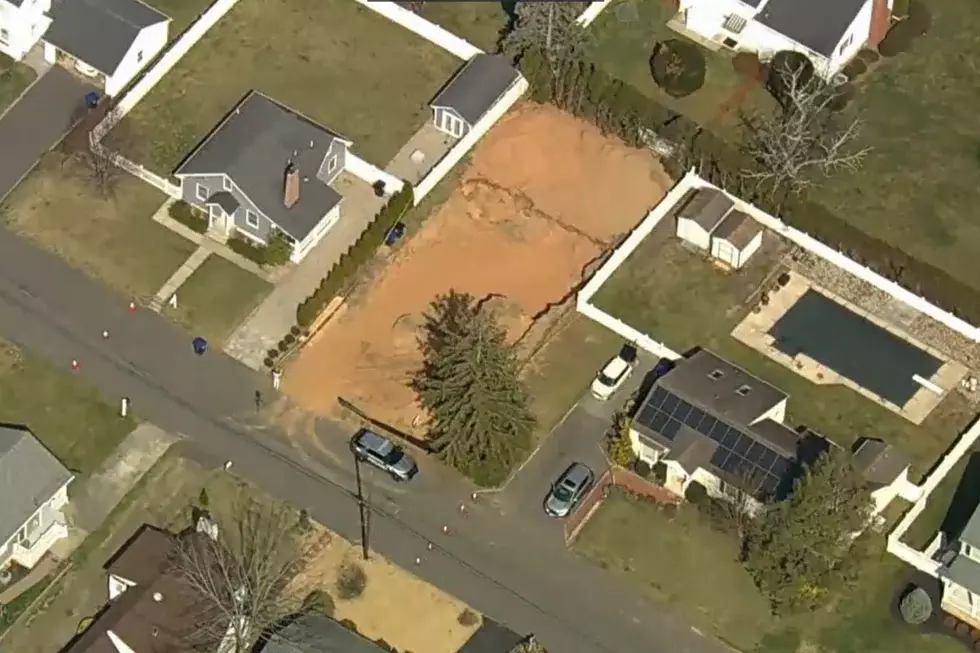
Lawmakers concerned about falling lottery revenue
TRENTON, N.J. (AP) -- Lawmakers worry falling income from New Jersey's recently privatized lottery could affect state agencies after a report showed revenue projections are down, and some are demanding more information from Gov. Chris Christie about the venture.
The state Treasurer's review from last month shows the lottery's revenue down 9.2 percent for the first quarter of the fiscal year, which ended Oct. 31. The Treasurer had predicted a growth rate of 7.4 percent.
The lottery brought in $1.085 billion in revenue for New Jersey in fiscal year 2013, according to state documents. The money funds a number of education-related agencies, including school nutrition and tuition grants. Millions of dollars from lottery proceeds also go to the state's Department of Military and Veterans' Affairs for disabled soldiers and for the operation of state psychiatric hospitals.
Lawmakers say the possibility of a shortfall raises the chance of cuts to programs across the state. Christie's administration would decide where and how much those cuts would be, according to Assembly Budget Committee chairman Gary Schaer.
A spokesman for Christie referred all questions to state Treasurer Andrew Sidamon-Eristoff, whose office noted that overall revenue was 5.6 percent higher than last year and in line with the state's projected growth rate of 5.3 percent.
"We note that year-to-date growth continues to track our projected growth rate," Sidamon-Eristoff said in a statement. "However, we are only a third of the way into the fiscal year and remain mindful of the potential for volatility with respect to some of the major revenue categories going forward."
Lawmakers say the administration has not been transparent about the lottery, which the governor privatized in 2013 after signing a 15-year deal with Northstar.
Democrats opposed lottery privatization but were unable to stop the deal from moving forward.
"First and foremost I would like to see the governor share information with the Legislature so we can exercise our constitutional obligation," Schaer said. "The Legislature has a need to be aware -- good, bad, indifferent -- of these numbers."
Schaer said he wants to see documents about the lottery so he can effectively analyze it. Until then, it's difficult to predict specifically how falling revenue could affect state agencies and residents who benefit from their programs.
Democrats have criticized Christie over the missed budget projection and the lottery as he weighs a 2016 run for the White House. His chief economist, Charles Steindel, stepped down earlier this year after missing targets.
Assembly Republican Leader Jon Bramnick dismissed the Democrats' criticism as political, saying they are seeking any "reason whatsoever to criticize privatization."
"You don't judge a 15-year contract in the first quarter," he said. "To me it's a lot about nothing right now."
Senate Budget Committee chairman Paul Sarlo said falling lottery revenue when taken together with Atlantic City's economic struggles suggests revenue erosion that could have a real impact on the state's budget.
The governor is expected to reveal his budget early next year.
"We'll get a snapshot of where this is," Sarlo said. "Sooner or later we'll get answers to those questions."
The details about the lottery revenues were first reported by Bloomberg News.
More From New Jersey 101.5 FM









